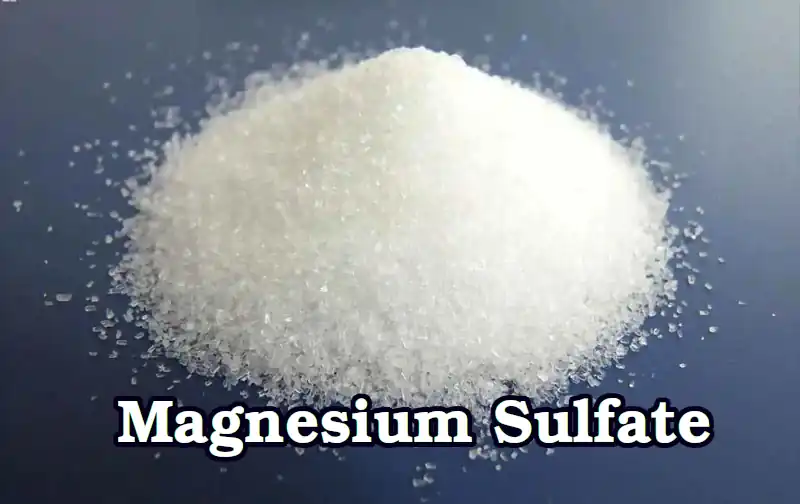Messi Biology states that in the crystallization and purification process of oxytetracycline, magnesium sulfate acts as both an efficient ionic strength regulator and an important aid for improving crystallization quality. By rationally designing and controlling the conditions of use, it can enhance product purity, improve the economic efficiency and stability of the production process, making it an indispensable auxiliary means in the industrial production of oxytetracycline.

1. Regulates Ionic Strength to Promote Crystal Precipitation
- Magnesium sulfate provides magnesium ions and sulfate ions in the solution, increasing the ionic strength of the system.
- It reduces the solubility of oxytetracycline molecules, promoting their crystallization and precipitation from the mother liquor.
2. Improves Crystal Purity and Morphology
- By optimizing magnesium sulfate concentration and conditions, co-crystallization of impurities can be inhibited.
- It helps form crystals with uniform particle size and regular morphology, improving subsequent filtration and drying efficiency.
3. Controls Crystallization Rate
- Magnesium sulfate can regulate the rate of crystal nucleation and growth, preventing too rapid crystallization which can lead to crystal defects or trapped impurities.
- It improves product consistency between batches and enhances quality control.
4. Reduces Post-Processing Difficulty
- After salting out, the crystals are easier to separate from the liquid, wash, and dry.
- It simplifies subsequent purification and formulation processing steps, reducing production costs.
5. Economic and Operational Advantages
- Magnesium sulfate is inexpensive, widely available, and easy to apply on a large scale.
- The process is simple, safety is good, and the environmental burden is relatively low.
